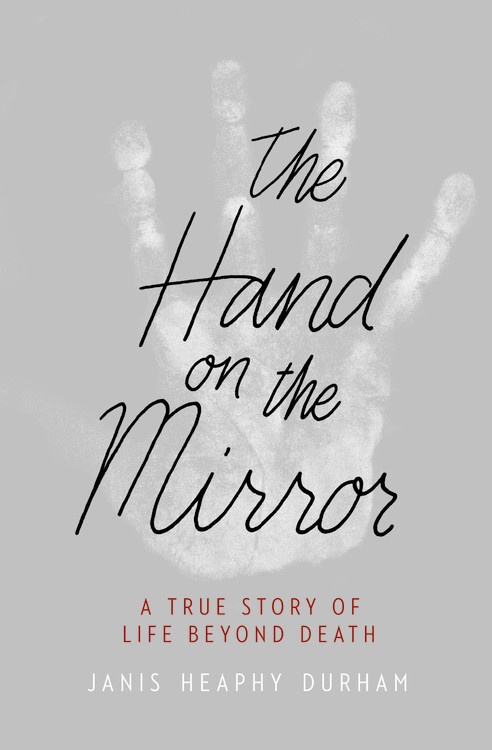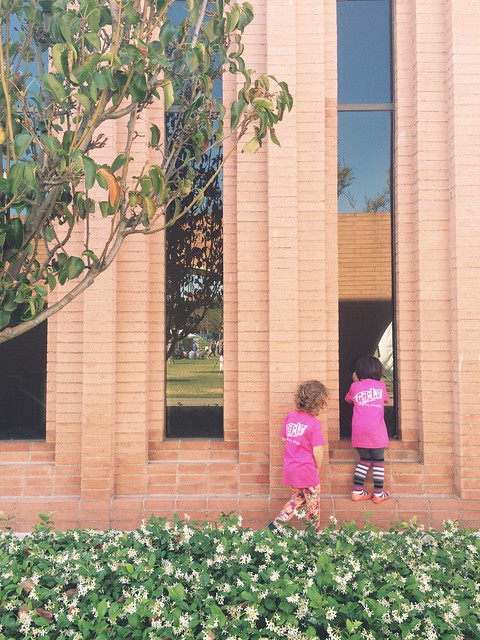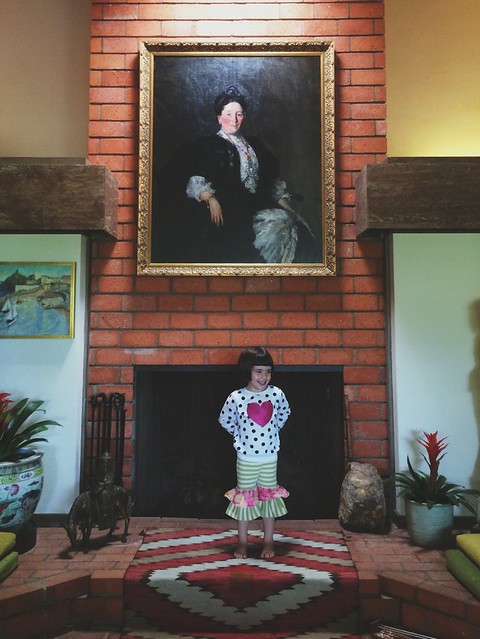The following post is sponsored by Grand Central publishing and the new book, The Hand on the Mirror, a true story of Life Beyond Death, now available in book stores.
And that is what I told him.
And then I started asking questions. Because sometimes the only way to answer a question is to ask one in return.
"What do you think happens when we die? Where do you think we go?"
Over the years I have found that children are far better at digesting, accepting and healing from the passing of loved ones. Maybe, as adults, we know too much. Or maybe we don't know enough...
Four years ago, I wrote this:
I still feel the same way.
***
Janis Heaphy Durham's memoir recounts her experiences after her husband's passing and his crossover from the afterlife back into hers.
In writing her memoir and interviewing scientists and spiritual practitioners, she discovered that the intersection between life and death is love... that LOVE, much like death, is defined by personal experience and reflection.
And signs.
SIGNS.
Towards the end of the book, Durham writes this:
Suddenly I saw before me a walking bridge. Boldly embossed on a plaque were the words: THE MAX BRIDGE. I stopped in my tracks. What was this doing here? It wasn't here the last time I was in Cambridge. I found myself asking the old familiar question: is this a coincidence? I know Max is not an uncommon name, but still, what are the chances? Naturally, I couldn't help thinking that a bridge goes from here -- to there. What a metaphor. And then I remembered Traci Ireland telling me that Max needed to cross "the bridge."...
***
In this vast expanse of knowing and solving and having "all the answers" at our finger tips, it has always been a relief for me knowing that life's biggest questions have no answer. And in times of stress and overwhelming lostness, I turn to the unanswerable questions to reinstall my faith and restore my heart.
At its core, Durham's story is about love -- how it thrives and survives in the hearts and souls and stories of those of us who continue our journeys on this side of the bridge.
***
For more about Janis Heaphy Durham and her book, The Hand on the Mirror, go here. And thanks again to Grand Central Publishing for sponsoring this post. Also! I have a copy of The Hand in the Mirror up for grabs to give away. To win? Comment below and I'll pick one winner at random next week.
GGC





0 comments:
Post a Comment